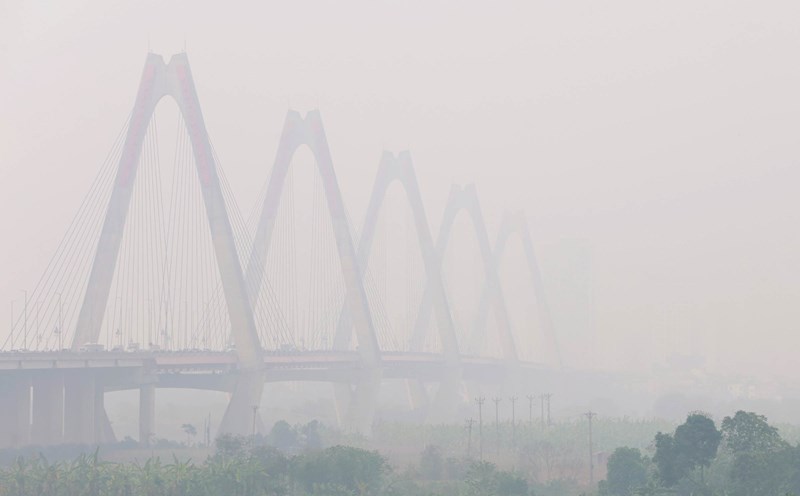Braking system broken
One of the common causes of cars that emit a burning smell is the brake system overloaded or damaged. When the driver uses excessive brakes, especially in long trips or when traveling on the slope, friction between the brake pads and the brake disc can cause high temperatures, leading to a burning smell. According to Michael Thom, director of the US Automobile Safety Research Center, "If you feel the smell of the brake system, it may be a sign of the brake or burning, it is necessary to check and replace immediately."
Tires are overly eroded
When the tire is eroded, the friction between the tire and the road surface can create a large temperature, leading to a pungent smell. "Tires have a limited life, and when they are eroded, they can give off a burning rubber smell. If you do not replace your tires periodically, this could affect your safety," Mr. Thom warned.
Engine oil burned
Engine oil that is not replaced regularly or leaked can cause fire and create a burning smell. If you find a burning smell in your engine, its possible that your engine oil is leaked or too old, says Dr David Green, Director of Traffic Safety Research at the University of California. This not only causes an unpleasant smell but also seriously affects the performance of the engine."
Wrecked curve
If the curoa fiber in the engine is eroded or loose, it can create a pungent smell. Curoa wires play an important role in transmitting power to many parts of the vehicle, and if they are broken, they will create a burning smell like burnt rubber. " periodic inspection and replacement of cranes is very important to ensure the vehicle operates stably," Dr. Green emphasized.
Catalytic Converter broken
The emission conversion unit is an important part that helps reduce vehicle emissions. When this part has an accident or is blocked, it can cause a burning smell. "If the exhaust is broken or congested, it can create a burning or sulfury smell, which can reduce engine performance," warned car expert Michael Thom.











